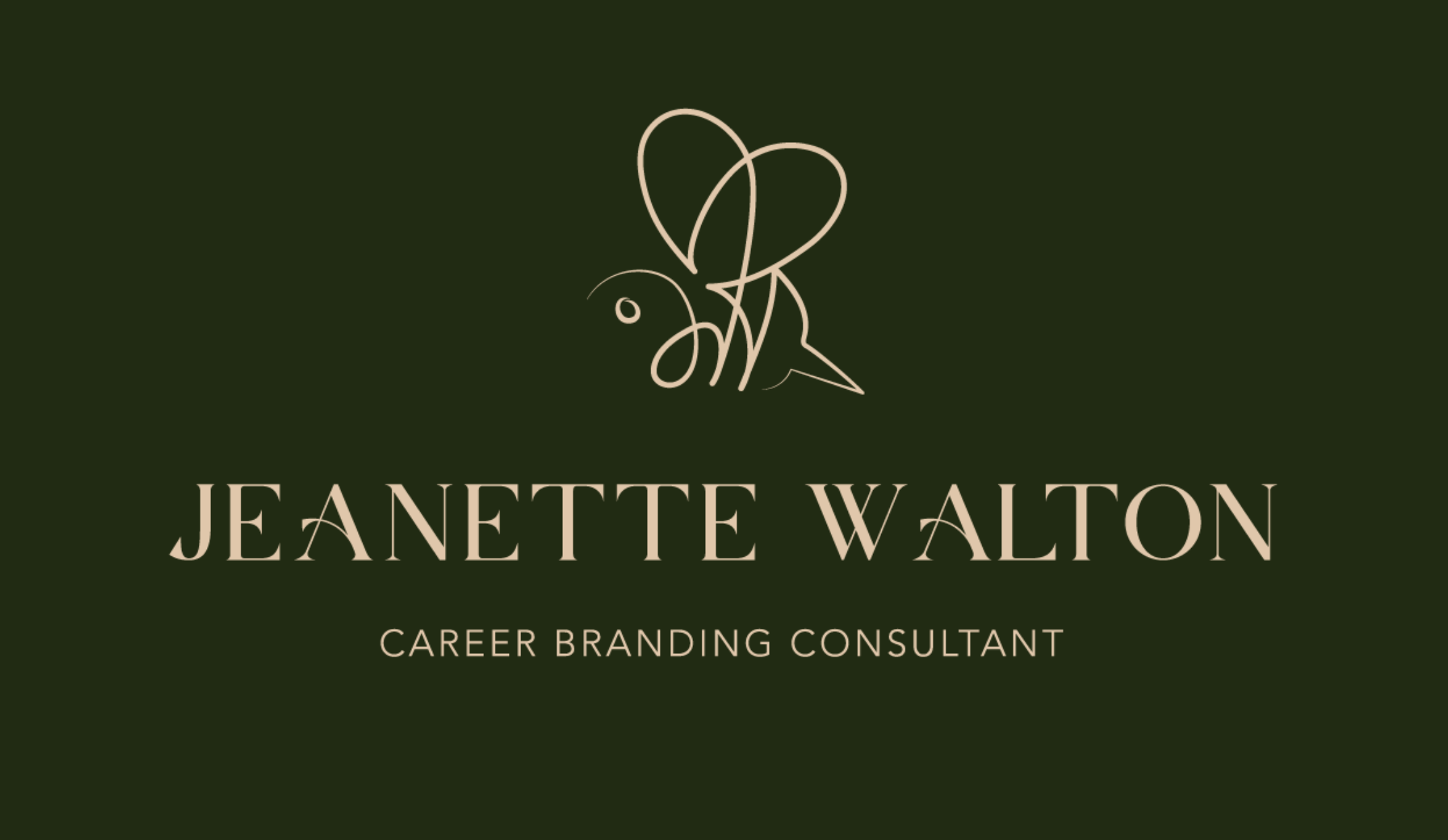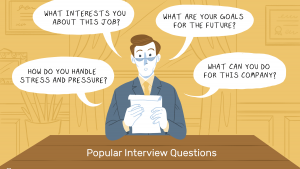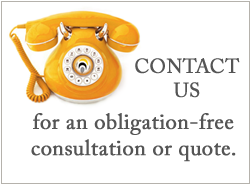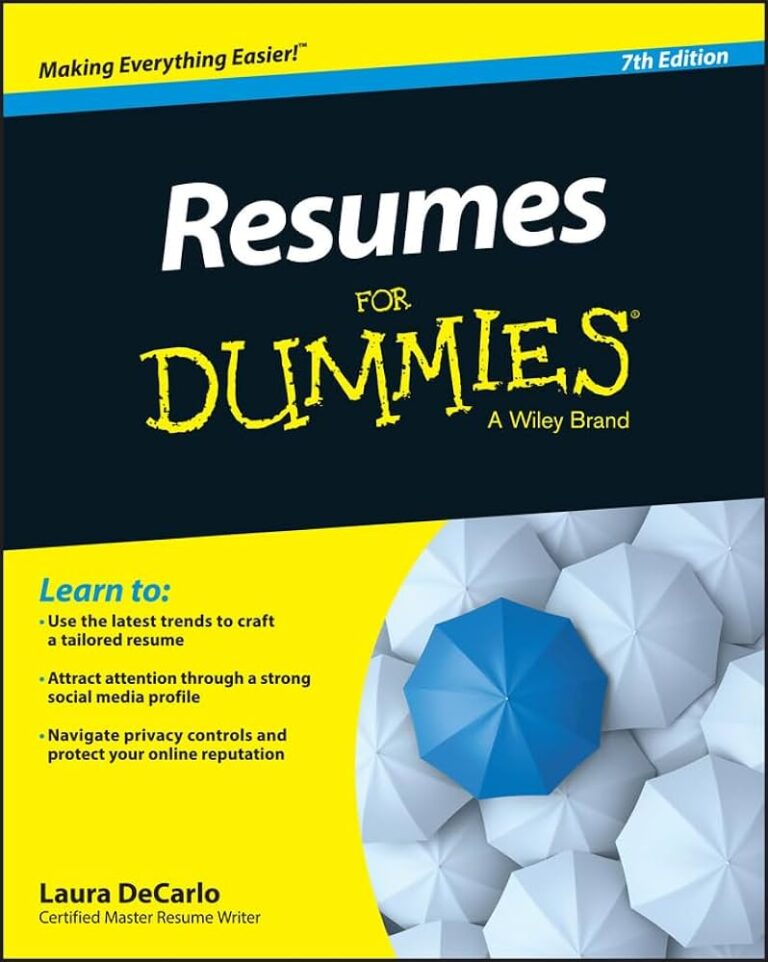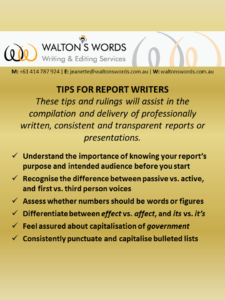As I discussed in a recent blog about job interview preparedness, there’s value in researching and preparing for potential interview questions. There are a range of standard questions that are likely to be asked by the interviewer (e.g. Why do you want to work here?), so spend time identifying, interpreting and considering responses to them. Also factor in questions you may want to ask, particularly those that highlight your specific interest in – and commitment to – the role on the offer.
“Asking questions shows that you’re truly interested in the job. Someone who is uninterested in the job would not take the time to develop questions. Such a person would sit for the interview and leave as soon as possible.” (thebalancecareers.com)
The primary purpose of most job interview questioning (including during the initial phone-call phase) is to examine how well you handle pressure, how well you are likely to turn negatives into positives, and how well you will assimilate into the workplace. Keep your answers honest and concise, and consider professional (or personal if more relevant) examples you could use to validate and substantiate.
Some of the most common interview questions are as follows:
– Why do you think you’re suitable for this position? Why should we hire you?
– Why do you want to work for this company? Why is this role particularly appealing?
– What are your greatest professional strengths? What are your weaknesses?
– What is your greatest professional achievement? What were the core benefits?
– When is a time that you made a mistake at work? How did you address this?
– Has there been a time where you’ve demonstrated teamwork or leadership skills?
– Why are you leaving your current job? Why are you changing career paths?
– What is your preferred working environment? What are you passionate about?
– What are your future professional or personal ambitions? What motivates you?
– What makes you unique? What should I know about you that isn’t on your resume?
It’s okay to have weaknesses: While your resume and other career documentation has given the recruiter a taste of your professional strengths, it’s unlikely to touch on any of your weaknesses. When asked this question, avoid the temptation to reply with clichés like ‘working too hard is my downfall’. Instead, consider something that you’ve already identified as a weakness, which you’ve been working to overcome – demonstrate your personal commitment to ongoing development and transformation.
Minimise former issues/conflicts: To avoid conveying yourself as difficult or sensitive, don’t spend too much time on former workplace issues – avoid bad-mouthing your former employer. There may be times where it’s necessary to discuss them, such as when your former employer is a referee, but always try and put a positive spin on such responses. For example, if clashes with a former colleague must be discussed, consider ways that you can showcase how you strived to address these tensions.
Adapt your questions as relevant: As it’s common practice to be asked at the end of the interview whether you have any of your own questions, be attentive and adapt or remove any that have already been covered. For example, if the interviewer has discussed your willingness to work extra hours as required, it’s going to feel repetitive for you to ask about overtime. Also avoid questions about job salary and other benefits at the interview stage – delve into these once you’re offered the role.
________________________________________________________________
Walton’s Words has extensive experience in helping job seekers compile professionally written, career-selling documentation. We can help construct resumes, cover letters, LinkedIn profiles, selection criteria, and any other documentation that will help you win your dream role. So drop us a line or give us a call if you’d like some assistance with your next career step.
